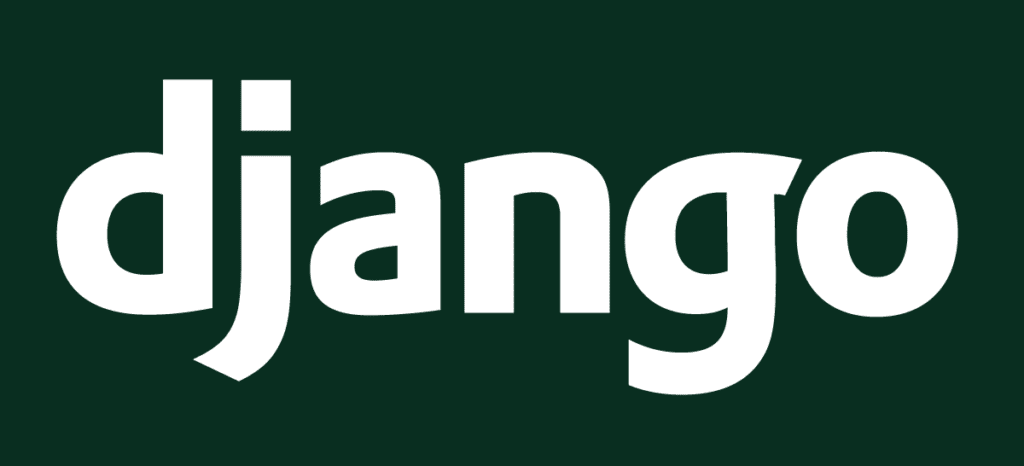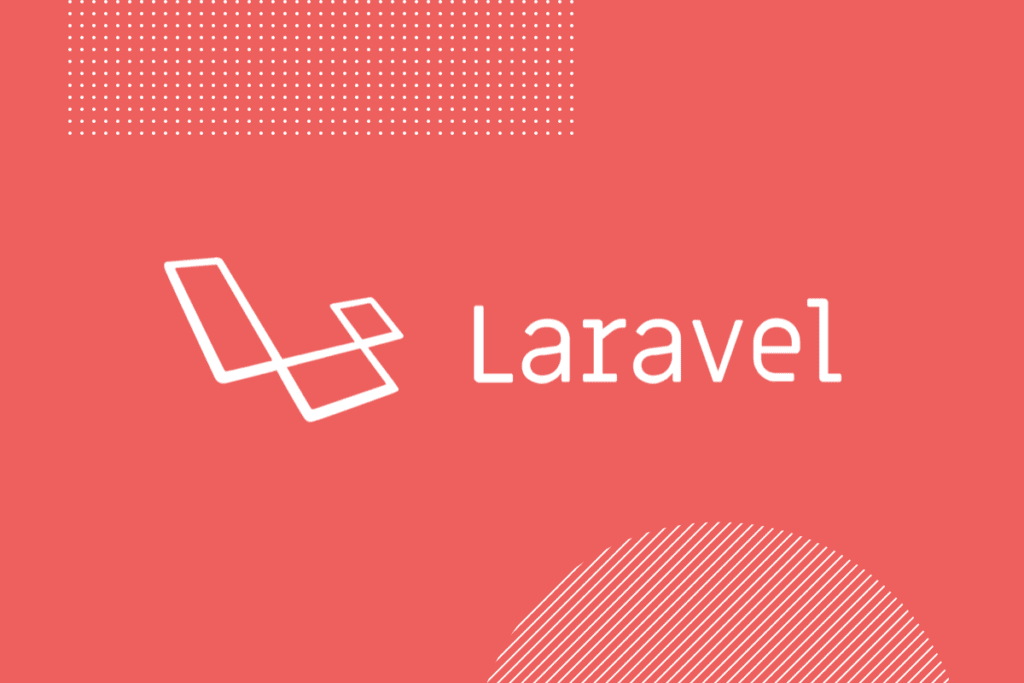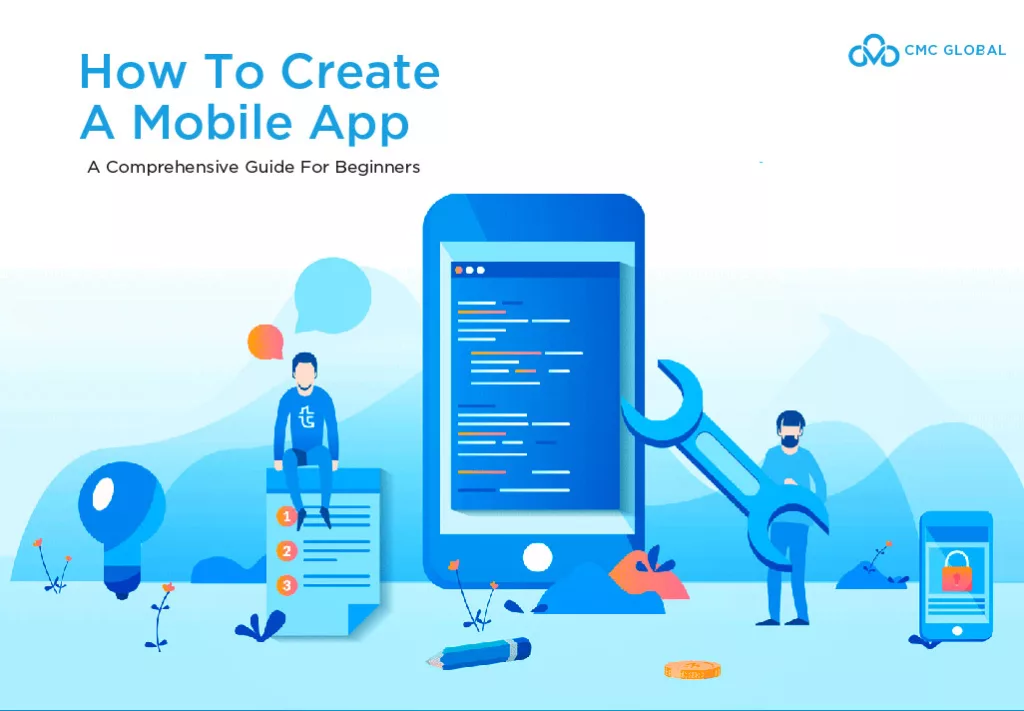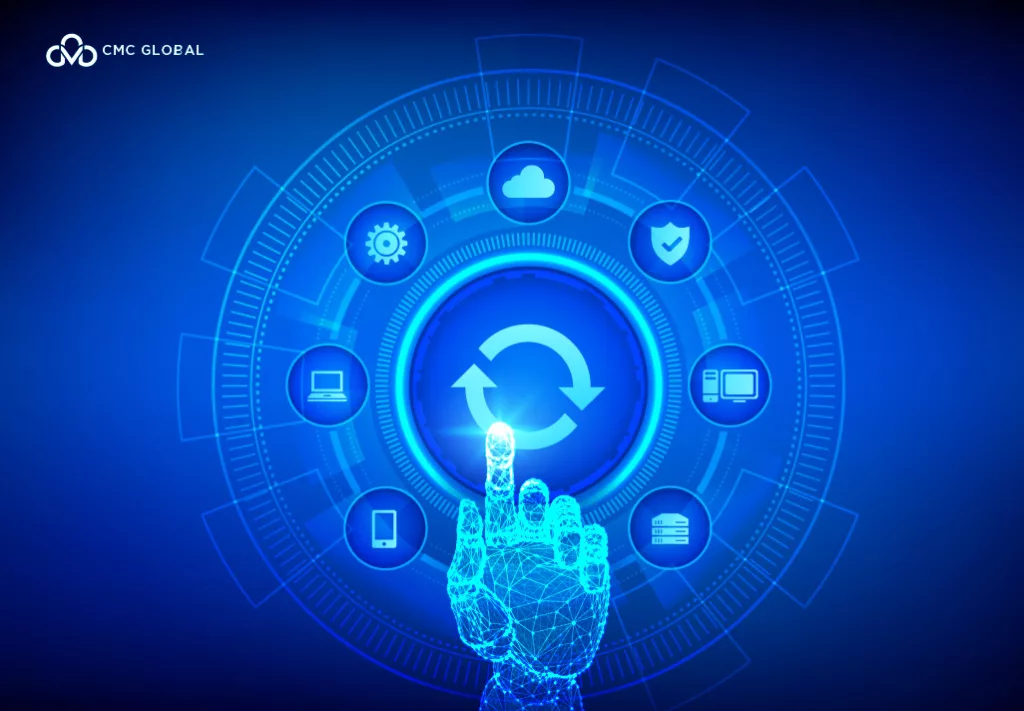In the ever-evolving world of web development, selecting the right framework is a pivotal decision that can significantly impact the success of your project. Two frameworks, Django and Laravel, have emerged as powerhouses in their respective ecosystems, offering developers robust tools to create web applications efficiently. Let’s dive into the world of Django vs. Laravel and discover which framework is the perfect fit for your next web development endeavor.
What is Django?
Introduced in 2005 by the Django Software Foundation, Django is an outstanding open-source framework celebrated for its autonomous development and testing features. Django simplifies the management of progressively intricate web applications.
Prominent Django Features and Advantages

Versatility
Django is highly adaptable, suitable for crafting a wide range of websites. It seamlessly integrates with various client-side systems and delivers content in diverse formats, including HTML, RSS feeds, JSON, and XML.
Speedy Performance
Django’s unique architecture, known as MTV (Model-Template-View), sets it apart from other frameworks by streamlining the process of data transmission on the web. This architecture enhances speed and ensures reliable server uptime.
Security
Django incorporates a robust security framework designed to implement best practices in site security. This framework allows developers to manage user accounts and passwords securely, while avoiding common pitfalls like storing session data in vulnerable cookies.
Scalability
Django employs a component-based “shared-nothing” design, where each element operates independently, facilitating replacement or modification as needed. This modularity enables effortless scaling to accommodate increased traffic, whether through caching servers, database servers, or application servers. Django has effectively handled the demands of the most traffic-intensive applications.
Object Relational Mapper (ORM)
Django’s ORM is a sophisticated system that simplifies the management of database records, enabling seamless interaction with the database. With this feature, even a developer with basic SQL knowledge can work effectively.
Built-in Tools
Django provides a range of built-in tools such as email systems, algorithmic generators, admin dashboards, interfaces for managing investment funds, data analysis tools, verification systems, and more. These utilities significantly reduce the time and effort required to complete projects while promoting the development of high-quality code by encouraging adherence to industry best practices.
Interoperability
Django seamlessly integrates with microservices architecture, allowing for swift deployment, flexibility, and inherent security. Scaling a Django project is made easy by breaking it down into smaller microservices, each with its own set of responsibilities and functions. Furthermore, Django offers multilingual support through its internationalization framework, ensuring compatibility with diverse websites.
What is Laravel?
Laravel, conceived by Taylor Otwell in 2011, stands out as a platform that can dramatically reduce development time for creating content management systems (CMS). It is renowned for its developer-friendly framework and an array of integrated features designed to streamline the development process.
Prominent Laravel Features and Advantages

Template Engine
Laravel boasts a built-in lightweight template engine that effortlessly generates visually appealing layouts by infusing dynamic content. It also provides a solid framework for incorporating numerous widgets, merging CSS and JS code seamlessly.
Support for MVC Architecture
Laravel embraces the Model-View-Controller (MVC) architectural pattern, which segregates the business logic and presentation layers. This integration includes a multitude of pre-built functions, elevating performance and security while enhancing the application’s flexibility.
Robust Security Measures
Laravel places a strong emphasis on web application security. It employs hashed and salted password components to ensure that passwords are never stored in plain text within the database. Additionally, it leverages the “Bcrypt Hashing Algorithm” for creating encrypted passwords and employs sets of SQL statements to proactively thwart SQL injection attacks.
Code Authorization
Laravel employs a consistent methodology for eliminating inconsistent or unassignable values in the code.
Eloquent Object-Relational Mapping and Implementation
Laravel utilizes Eloquent, an Object-Relational Mapper (ORM) that simplifies PHP Active Record implementation. This empowers web application developers to construct database queries using PHP syntax rather than writing SQL code. Eloquent is notably faster compared to earlier PHP frameworks.
Enabling Libraries and Modular Functionalities
Laravel simplifies the work of developers with its pre-installed Object-Oriented and Modular libraries, a feature not readily found in many other PHP frameworks. An example of this is the Authentication library, which is straightforward to implement and offers multiple functions.
Built-in Tools
Regardless of whether you’re a seasoned developer or a newcomer tackling complex applications, Laravel offers a transformative approach. This transformation is made possible by the framework’s pre-constructed extensions, a thriving community of high-quality libraries, and various integrated tools that seamlessly complement one another. Some of the tools provided by Laravel include Laravel Debugbar, IDE Helper, Laravel Tinker, and Laravel Socialite.
Interoperability
Laravel employs Artisan to generate commands automatically. Code generated by Artisan adheres to proper naming conventions, interfaces, namespaces, and includes boilerplate code, saving developers time and effort. Additionally, it’s straightforward to create custom code generators if the need arises.
Key Contrasts Between Django & Laravel in Web Development
Distinguishing factors between Django and Laravel encompass the following:
- Django is a comprehensive, self-contained web framework crafted in Python, while Laravel is a full-stack, open-source framework developed in PHP.
- Django adheres to the MVT (Model-View-Template) architecture, while Laravel adheres to MVC (Model-View-Controller).
- Django enjoys support from the Django Software Foundation, whereas Laravel relies on a developer community for support.
- Django incorporates a lightweight web server, whereas Laravel utilizes queues, event mechanisms, and command buses for executing cron jobs.
- Django exhibits superior speed compared to Laravel.
- Django offers notably enhanced security measures in comparison to Laravel.
- Django lacks built-in provisions for API development, whereas Laravel includes support for API development.
When to Choose Django
Django shines in scenarios where the goal is to develop scalable web applications that rely on vast amounts of data. With robust support for database migrations, coupled with an intuitive admin graphical user interface, Django streamlines the process of working with extensive data sets.
When to Opt for Laravel
In simple terms, when you require the rapid development of web applications without sacrificing functionality, Laravel is the preferred option. With built-in features for authentication, routing, sessions, and caching, Laravel enables the creation of feature-rich and user-friendly applications.
CMC Global – Your Trusted IT Outsourcing Partner
Here at CMC Global, we recognize the significance of staying up-to-date with the latest industry trends, implementing best practices, and fostering a culture of continual learning. This dedication has enabled us to deliver robust, inventive, and efficient software solutions to our clients.
Whether you’re interested in developing a new software product, enhancing an existing one, or exploring offshore development opportunities, we’re at your service.
Our team of professionals is eager to discuss your project objectives and explore how we can assist you in constructing outstanding software solutions that distinguish themselves in the market.
Don’t hesitate to get in touch – let’s start the journey of creating exceptional software together.




